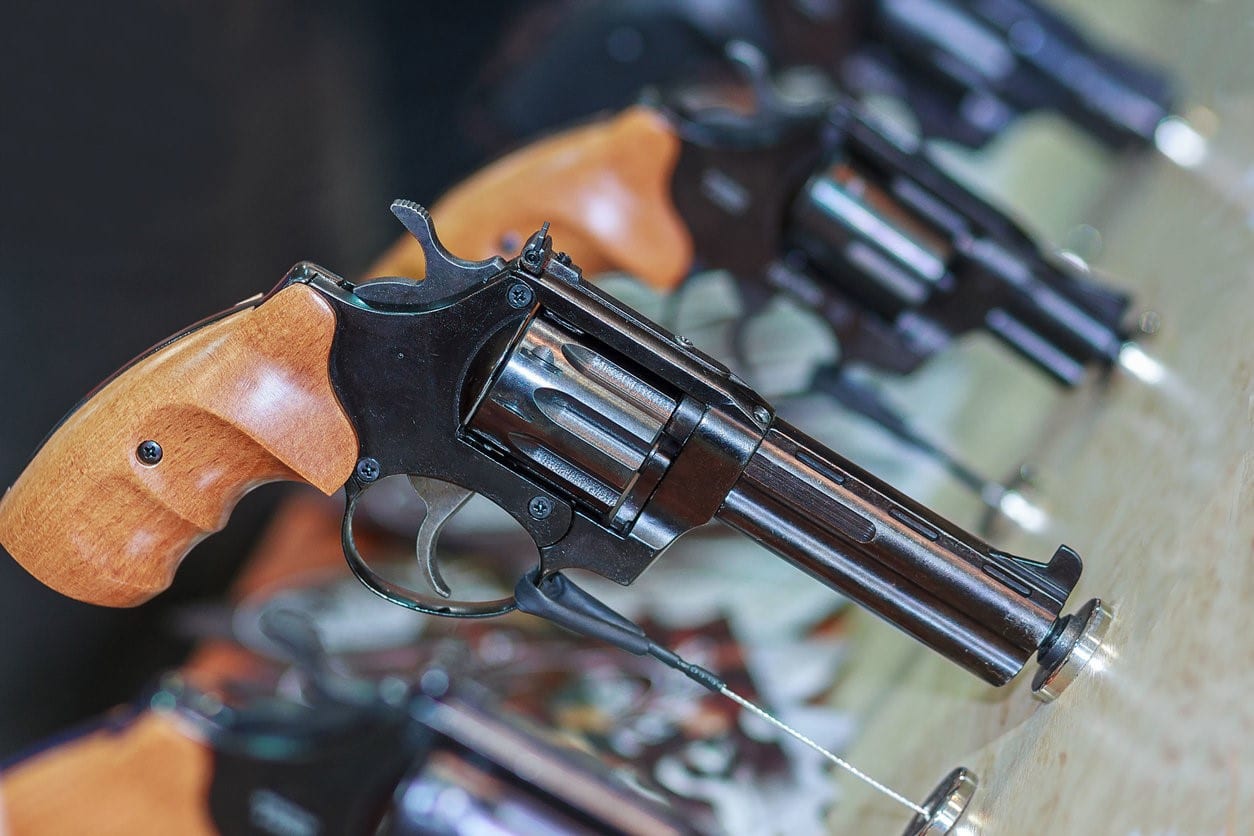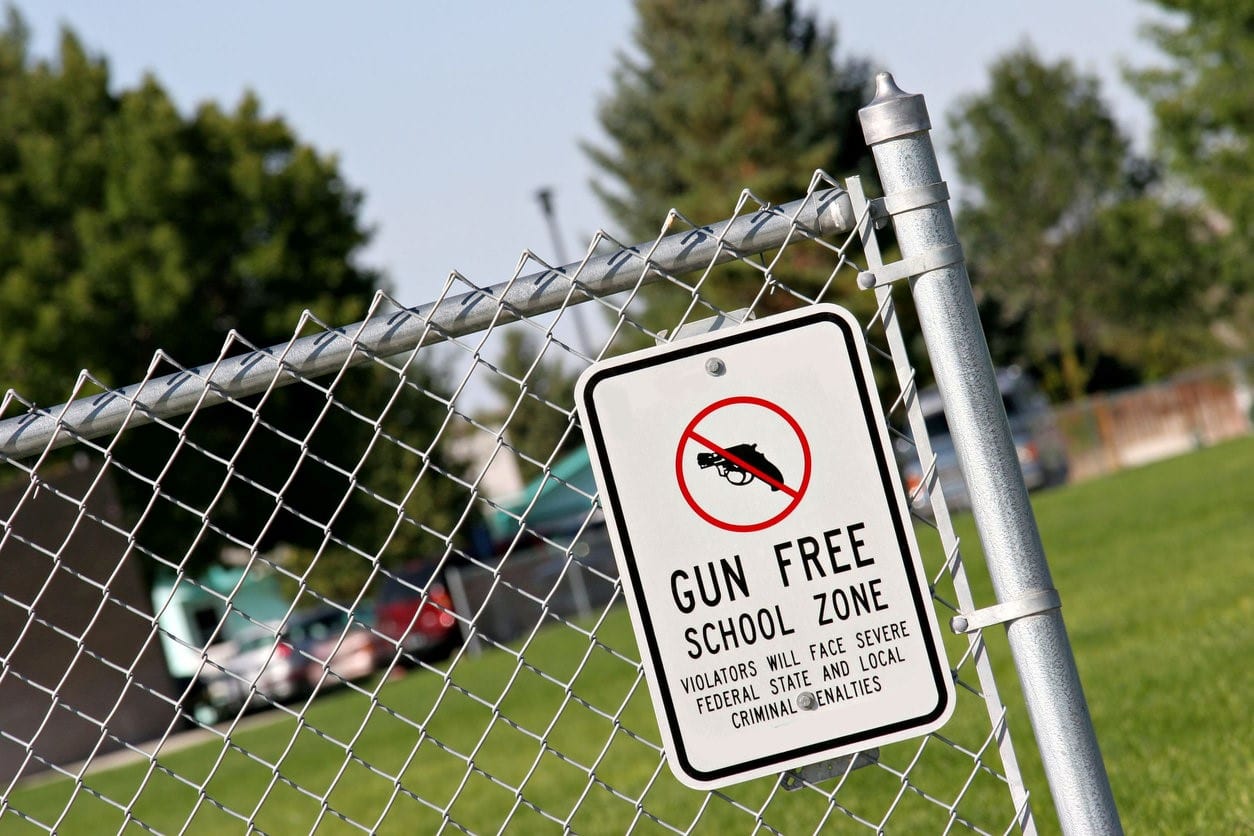
With yet another mass shooting shaking the nation, politicians and media have once again found themselves in a heated debate over gun control laws. Currently, restrictions on purchasing and carrying firearms vary state by state. Minnesota has some of the more strict firearms laws in the country.
Because of this, it’s important to know your rights as a gun owner and where you can and cannot carry a weapon. To clarify things, we’ve created a handy guide to firearms ownership in the state of Minnesota.
Open and Concealed Carry

Handguns – If you have a handgun or pistol in the state of Minnesota, you must have a permit to carry it, whether you are in a public place or keeping it in an area that is controlled by a public place (i.e. a parking lot). You do not need a permit to carry a pistol or handgun in the following places:
- Your home, land, or a place of business that is owned by you
- Between your home and place of business
- In designated outdoor areas that are reserved for hunting and target shooting
- In your motor vehicle, snowmobile, or boat (provided that it is unloaded and in the appropriate case).
You cannot carry a pistol or handgun in the following places, under any circumstances:
- State correctional facility
- State hospital
- Courthouse
- State buildings within the Capital Area
- Public schools
Long Guns – Rifles and shotguns are considered “long guns” and have different restrictions than handguns or pistols. In Minnesota, you cannot carry a long gun in any public place. The one exception is the transport of long guns to and from the place of purchase, as long as they are unloaded and in an appropriate case.
BB Guns – The same laws that apply to long guns apply to BB guns.
Homeowners and owners of private establishments have the right to restrict firearms within that property. Employers also have the right to ban firearm possession – even if you have a concealed carry permit. Landlords, however, do not have the right to restrict you from carrying or possessing a firearm in your apartment or place of residence.
Weapons Permit Laws
You must apply at your local law enforcement office for a handgun permit. In order to be granted the permit, you must meet the following qualifications:
- You must be over the age of 21.
- You must be a resident of the county where you are applying for a permit.
- You must be a citizen of the United States or have permanent residency.
- You must have taken and completed the appropriate firearms safety course. (You must take this course every time you apply for a new permit.)
- You must not have a protection order against you.
- You must not be listed in the Minnesota criminal gang investigation data system.
- You must have not been admitted to a treatment facility for mental illness or substance abuse.
If you have been found guilty of the following, you cannot obtain a concealed carry permit:
- Assault in the fifth degree
- Domestic assault
- Stalking
- Any crime punishable by over one year in prison
Weapons Charges

Different firearms violations have different charges and penalties attached to them. Here are some of the most common:
- If you are caught carrying a handgun and you do not have your permit on your person, you can be found guilty of a petty misdemeanor. The penalty for a first offense is a fine of $25.
- If you are caught carrying a concealed firearm without a permit, you can be found guilty of a gross misdemeanor. This type of misdemeanor is punishable by up to one year in jail and/or a fine of up to $3,000.
- If you are caught carrying a BB gun, rifle, or shotgun in a public place, you can be found guilty of a gross misdemeanor. If you are carrying one of these firearms and are under the age of 21, you can be found guilty of a felony.
- If you have been found giving false information in order to obtain a concealed carry permit, you may be found guilty of a gross misdemeanor.
- If you provide a weapon (firearm, explosive device, ammunition) to someone under the age of 18 that is not related to you, you could be found guilty of a felony.
Keep in mind that some local governments have set additional restrictions or rules regarding open and concealed carry, obtaining a permit, and so on. If you have been caught with a weapon and face criminal charges, contact a Minnesota criminal defense lawyer today.
About the Author:
Christopher Keyser is a Minneapolis-based criminal and DWI defense attorney known for fighting aggressively for his clients and utilizing innovative tactics to get the most positive results. He has been featured in numerous media outlets due to the breadth and depth of his knowledge, and recognized as a Minnesota Super Lawyers Rising Star (2014–2016), a Top 100 Trial Lawyer (2013–2016), and a Top 40 Under 40 Attorney (2013–2016).





